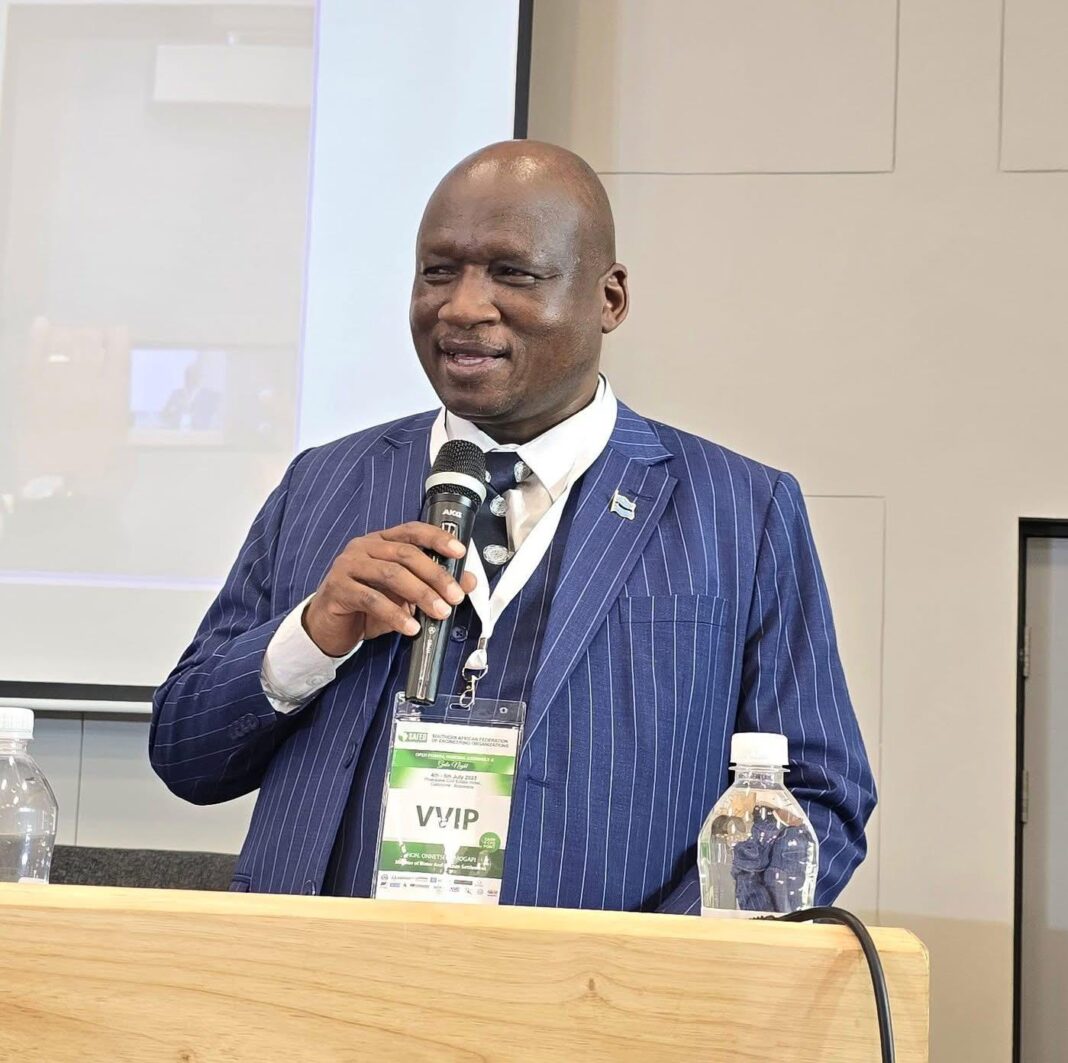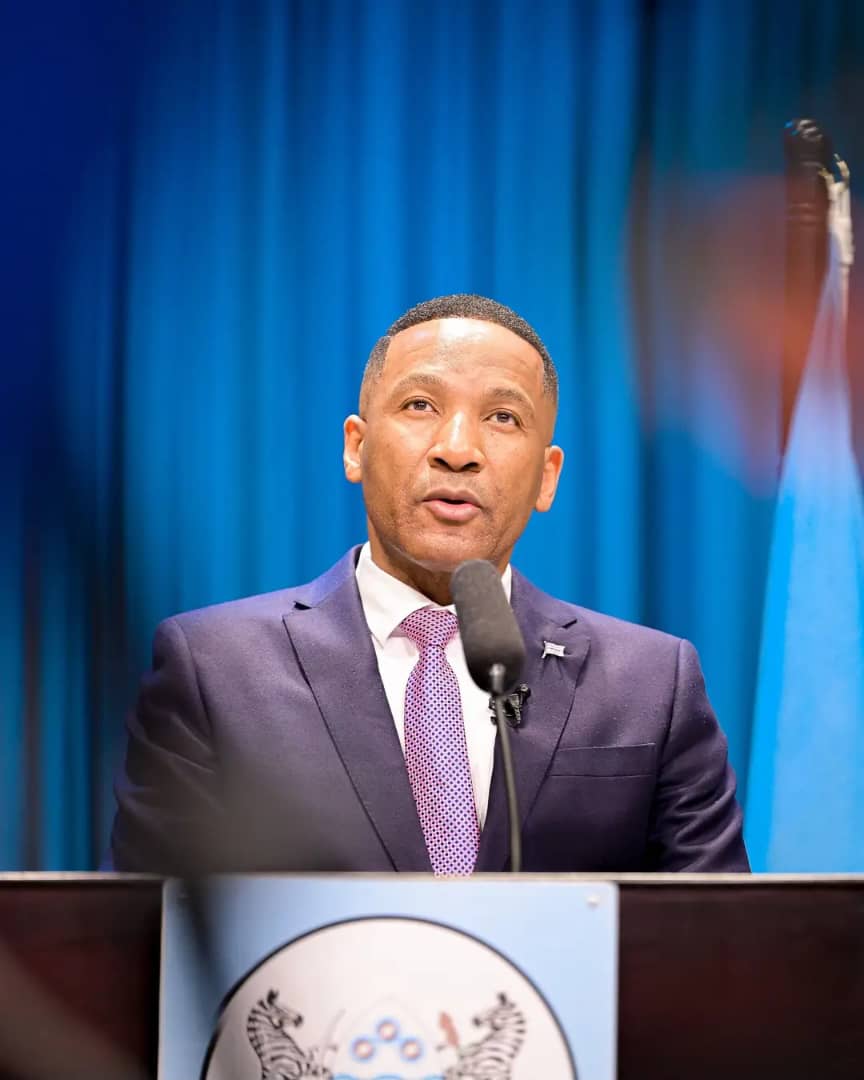Botswana, Namibia, and Angola have jointly signed a renewed agreement on preserving the Okavango river systems.
Signed recently in Maun, the agreement aims to achieve environmental preservation and sustainable water management. The three countries signed a renewed agreement under the auspices of the Cubango-Okavango River Basin Water Commission (OKACOM). The signing reinforced the three countries’ shared commitment to the long-term protection and coordinated management of the Okavango River system.
The agreement, which builds upon existing frameworks, seeks to enhance collaboration among the three riparian states. It aims to promote coordinated and environmentally sustainable regional water resource management in the Cubango-Okavango River Basin—a vital transboundary ecosystem that supports the livelihoods of millions across the region.
Speaking on the sidelines of the ratification meeting, Botswana’s Minister of Water and Human Settlement, Onneetse Ramogapi emphasised the importance of the renewed pact. “This agreement will go a long way in preserving our water resources. It is critical that the three member states continue to work together to implement sustainable strategies and long-term plans for the benefit of the region,” Ramogapi said.
The new agreement marks an expansion of OKACOM’s mandate, moving beyond technical water system oversight to a more inclusive approach that integrates the socio-economic needs of communities living within the basin. By prioritising inclusive development, the commission aims to ensure that the river continues to support both ecological integrity and human well-being.
Stretching across Angola, Namibia, and Botswana, the Okavango River is one of the few remaining large, undammed river systems in the world. It culminates in the Okavango Delta, a UNESCO World Heritage Site and globally recognized biodiversity hotspot. The river basin plays a pivotal role in supporting regional food and water security, agriculture, fisheries, and tourism.
OKACOM’s renewed agreement also aligns with broader environmental commitments, including the Sustainable Development Goals (SDGs) and the African Union’s Agenda 2063, by fostering cross-border cooperation in natural resource governance.
As climate change and population pressures increase demands on water resources, the new agreement is expected to serve as a model for transboundary water management in Africa. It reaffirms the need for joint planning, inclusive policies, and the integration of climate-resilient development strategies.
Environmentalists and regional development experts have lauded the renewed commitment, noting that effective collaboration among basin states is essential to mitigating water stress and preserving ecosystems that are increasingly under threat.
With the agreement now in place, implementation efforts will focus on basin-wide monitoring, local community engagement, and investment in infrastructure that enhances resilience and sustainability of the river system.



